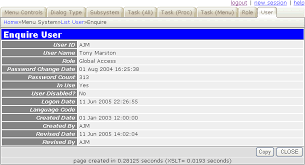记忆方法
将“enquire”分解为“en”和“quire”,其中“en”可以联想到“enlarge”扩充,而“quire”可以联想到“question”提问。结合这两个部分,想象你扩充了提问的范围或深度,因此“enquire”意味着详细询问或探究。
以上内容由AI生成, 仅供参考和借鉴
中文词源
enquire 询问
en-, 进入,使。-quir, 询问,词源同query, question.
英语词源
- enquire
-
enquire: [13] The -quire element in enquire (or inquire, as it is alternatively spelled) is etymologically related to English query and question. The word comes via Old French enquerre from *inquāerere, the Vulgar Latin descendant of Latin inquīrere. This was a compound verb formed from the intensive prefix in- and quaerere ‘seek, ask’. The modern English spelling with i in the second syllable comes from a 15th-century reintroduction of the vowel of Latin inquīrere. Inquest [13] comes from the Latin verb’s past participle.
=> inquest, query, question - enquire (v.)
- alternative form of inquire, according to OED mainly used in sense of "to ask a question." Related: enquired; enquiring.
权威例句
- 1. I called the station to enquire about train times.
- 我打电话到车站询问火车时刻。
- 2. They neglected to enquire whether these Methods: Were possible or practicable.
- 他们不去问问这些方法是否办得到,是否行得通.
- 3. We must enquire ( as to ) whether he really came.
- 我们得打听一下,他是不是真的来过.
- 4. If you dare to enquire into Nature, try to discover her laws.
- 你们要是敢于对大自然刨根问底, 就去设法揭示它的规律吧.
- 5. She wrote to enquire the cause of the delay.
- 她只得写信去询问拖延的理由.
